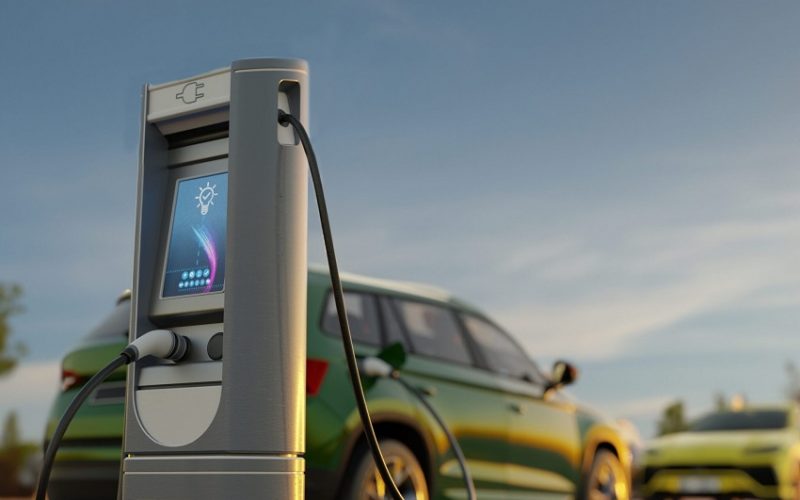Salem, OR – Oregon and nine other states have successfully reached a significant milestone in the effort to combat climate change and reduce pollution. Over the past 12 years, these states collectively registered 3.3 million new electric vehicles (EVs), fulfilling a 2013 agreement to boost the adoption of zero-emission vehicles by 2025. This achievement was reported in a recent update from the Northeast States for Coordinated Air Use Management (NESCAUM), a Boston-based nonprofit organization focused on air pollution control.
In 2013, the governors of Oregon, California, Connecticut, Maine, Maryland, Massachusetts, New Jersey, New York, Rhode Island, and Vermont signed a memorandum to enhance policies and public information aimed at encouraging the sale of electric vehicles. At the time, electric vehicles were still in their infancy in many of these states. When Oregon joined the initiative, the state had just 300 EVs registered. Today, that number has skyrocketed to more than 100,000, making up about 5% of all new car registrations in Oregon over the past decade.
Gov. Tina Kotek of Oregon celebrated the achievement, calling it a “milestone” in the state’s ongoing climate efforts. “Transportation electrification is key to meeting Oregon’s climate goals,” Kotek said in a news release. “Strong partnerships between states and private sector partners will be key to the nation’s success in the years to come.”
The growth in electric vehicle adoption can be attributed to a combination of factors. In the years following the 2013 agreement, the number of electric vehicle models available in the U.S. grew from just 16 to more than 150 today. Additionally, federal and state incentives, such as the $7,500 tax rebate from the Inflation Reduction Act of 2022 and Oregon’s Clean Vehicle Rebate program, have made EVs more affordable to consumers.
Since its introduction in 2017, Oregon’s Clean Vehicle Rebate program has issued nearly $100 million in rebates. These rebates have played a crucial role in encouraging the purchase of EVs, with one-third of all electric and plug-in hybrid vehicles in Oregon receiving financial incentives. However, the program has paused issuing rebates since June 2024 due to a lack of funding, although it is expected to resume in 2025.
The success of Oregon and the other participating states has not gone unnoticed. Five additional states have implemented their own zero-emission vehicle programs in recent years, further expanding EV adoption across the country. Together, these 15 states now account for more than one-third of all new electric vehicle sales in the U.S.
The collective achievement of these states is a significant step toward reducing the transportation sector’s greenhouse gas emissions, which have long been the largest source of climate-warming pollutants in Oregon and across the nation. As electric vehicle adoption continues to rise, these states are setting a powerful example for others to follow in the effort to combat climate change and transition to a cleaner, more sustainable transportation future.











